Katie Welch (B.S. Geology TAMU ’17, M.S. Geology OU ’20) works as a geologist-in-training for Blanton & Associates, an environmental consulting firm based out of Austin, Texas. Katie primarily assists Blanton’s Professional Geoscientist (PG) in karst surveys, geologic assessments, and environmental resource inventories. Her field work has included participating in presence/absence surveys of endangered karst invertebrates and salamander monitoring surveys. Additionally, Katie has worked with the Blanton’s water sector group in creating explanatory reports for groundwater management areas in Texas. She earned her GIT certification in March 2021 and is working toward becoming a PG.
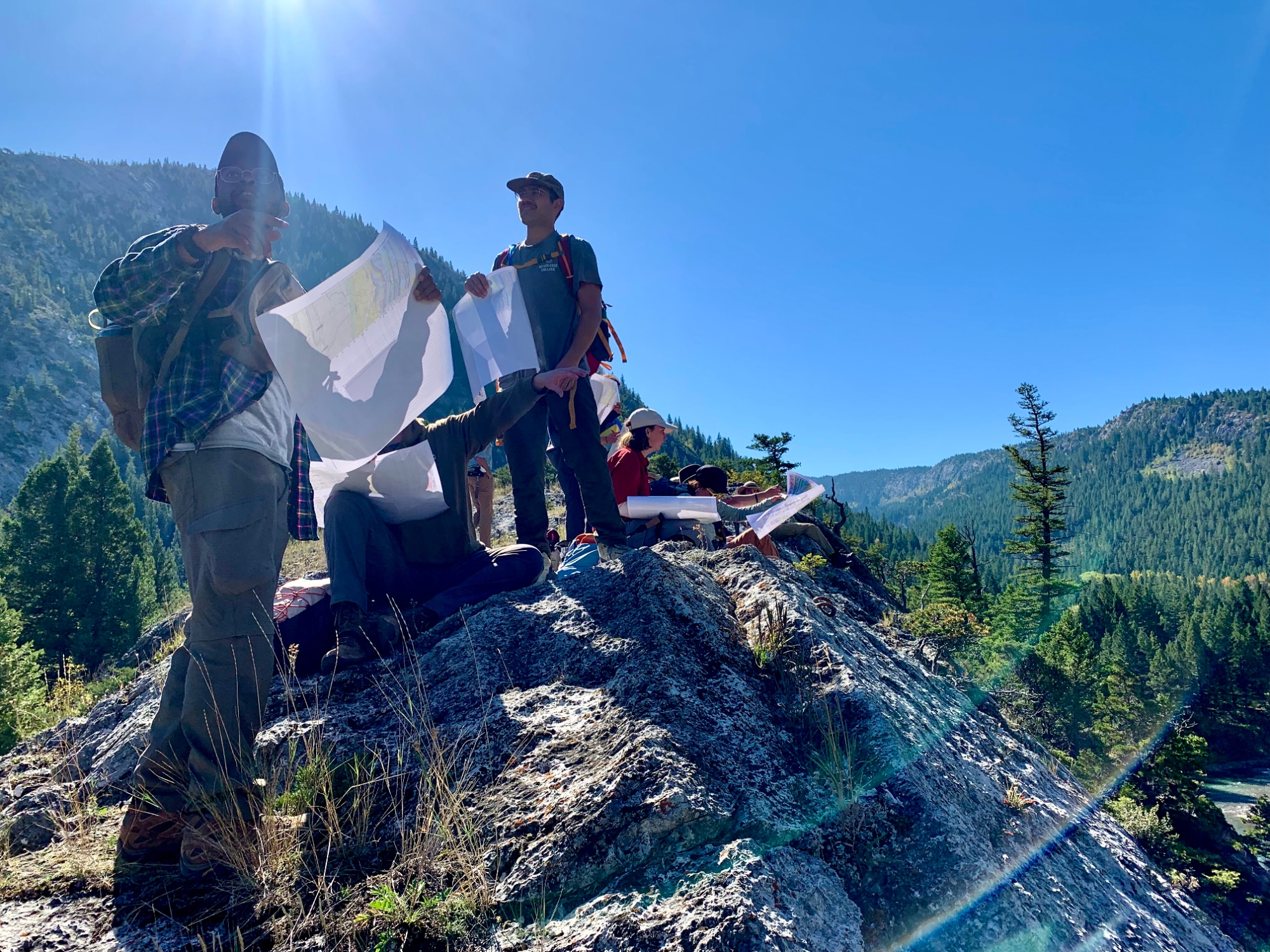
What is Geosciences?
Geosciences is the study of the Earth and even other planets. Geoscience is a broad, multidisciplinary field that encompasses topics such as earth’s history, processes that create various landforms, water, soils, and energy. There are so many career options as well!
Do you want to...
…make a difference for today’s world and the future by studying the environment and the consequences of climate change? Responsibly develop Earth’s resources and energy for all of humankind? Improve our ability to predict and understand natural hazards such as earthquakes? Improve the quality of our water and the health of our soils? Explore the Earth’s past and the plants and animals that lived then? Advocate for environmental justice?
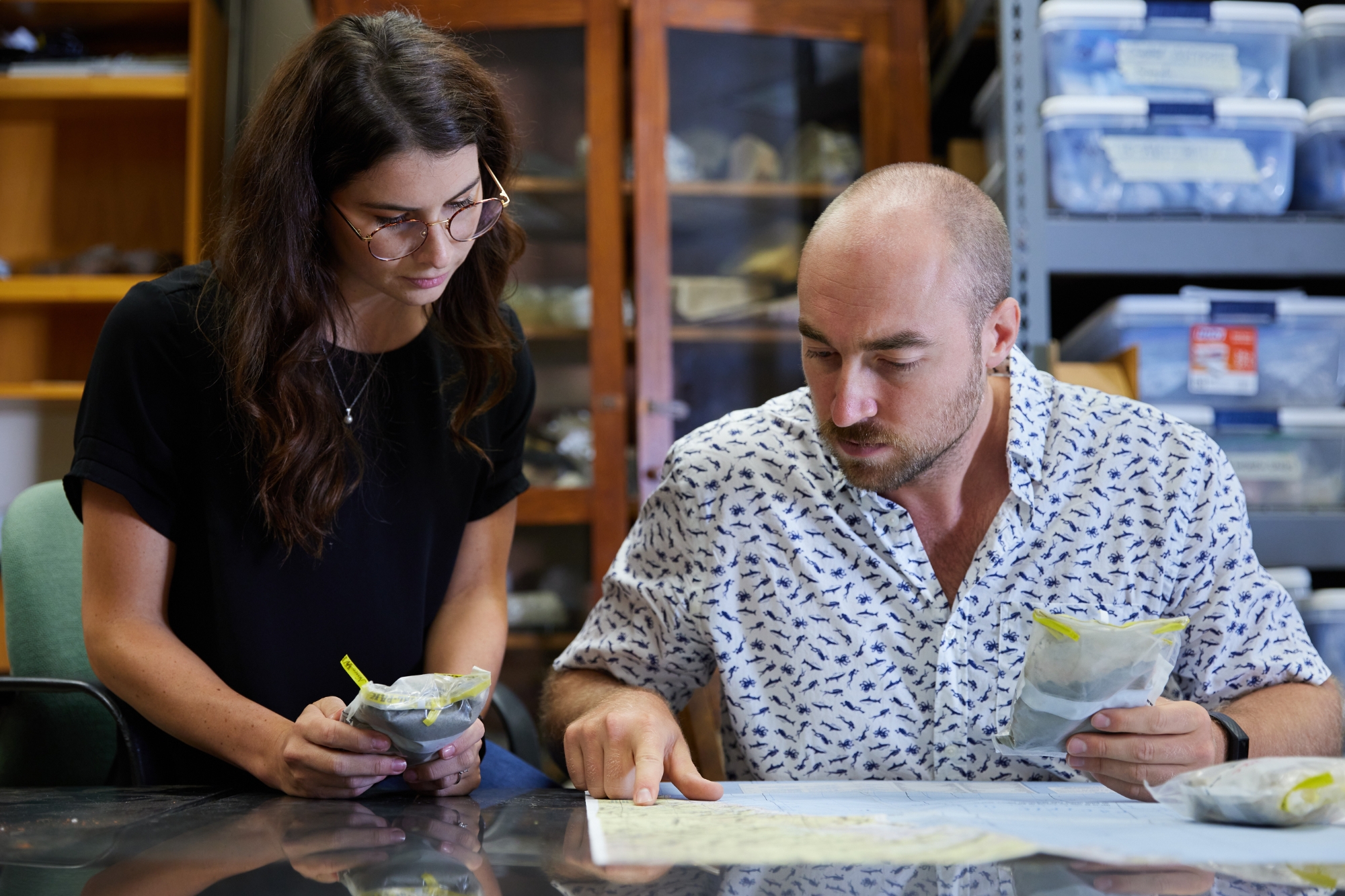
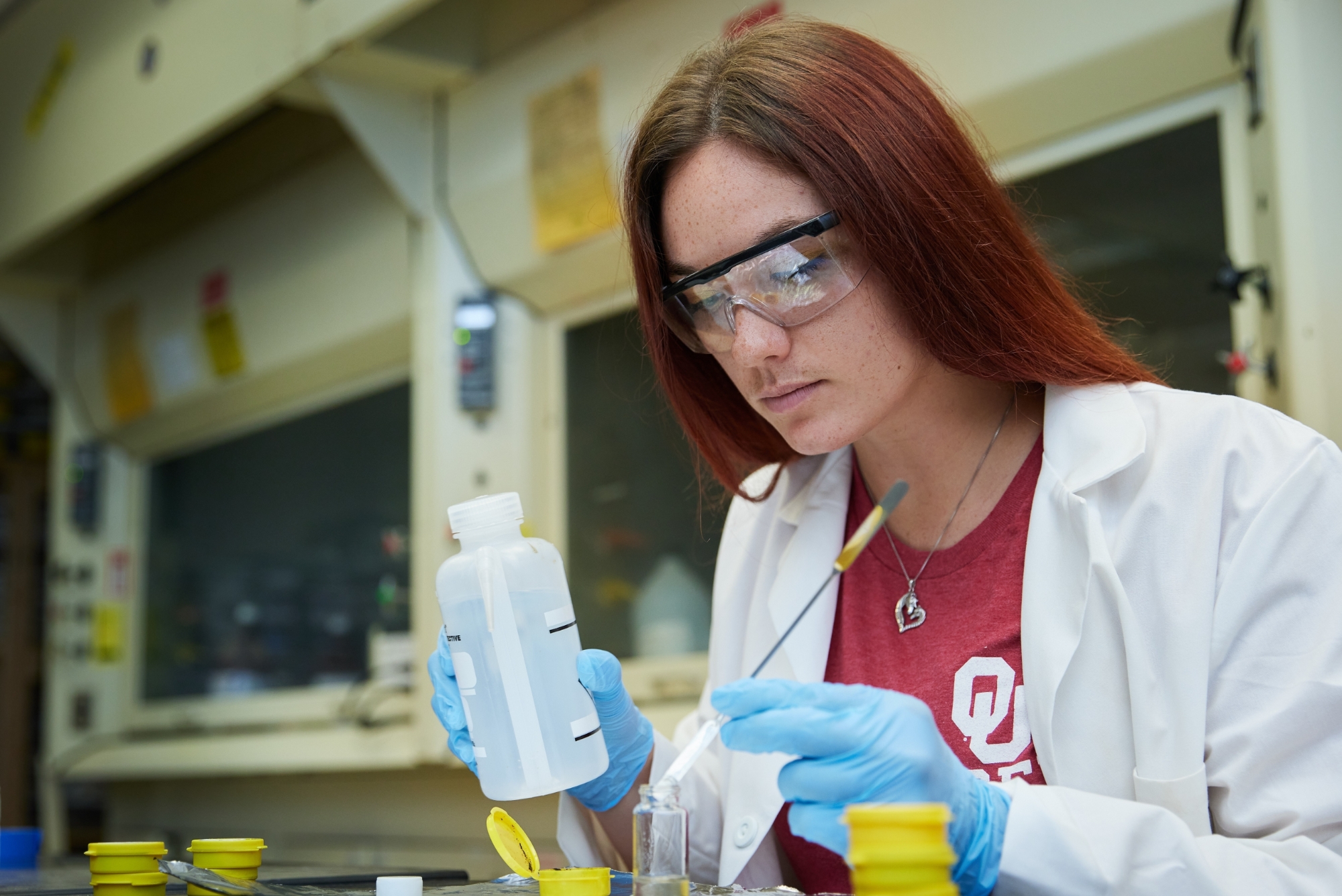
Do you like to...
…take field trips? conduct experiments? code and work with computers? study minerals, rocks or fossils? Picture the past and how the Earth and its life has evolved? Imagine the future and how to provide a more sustainable path for the biosphere?
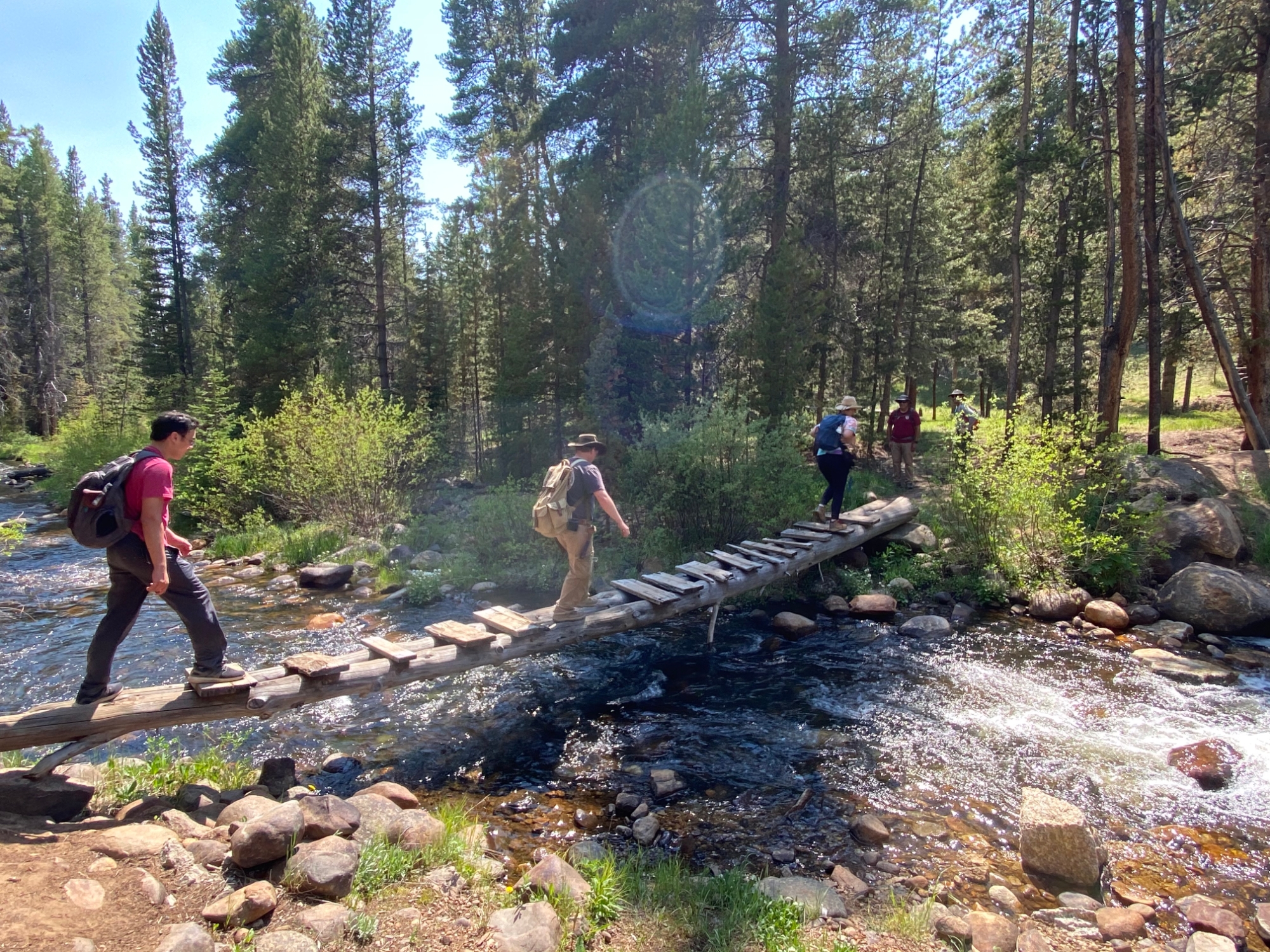
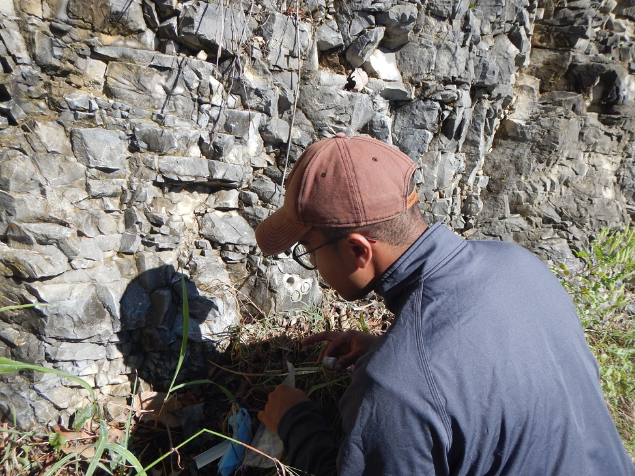
Can you see yourself…
…working as a scientist for an environmental or energy company? Working as a researcher for a governmental agency or museum or university? s a teacher at a college or high school? Educating the public about the earth and its environment through writing, podcasts and film? Going to business or law school to study environmental business or law? Developing essential government policy related to the environment and energy?
For more information about Geoscience careers and what Geoscientists do please visit the following links:
American Geological Institute’s Page: https://www.americangeosciences.org/workforce/data)
Our graduates have done these things—You can too!
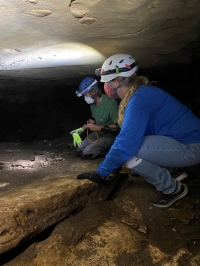
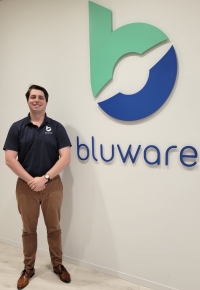
Julian Chenin (B.S. Geology UH Honors '18, M.Sc. Geophysics OU '20) works as a geophysical data scientist for Bluware where he focuses on quantitatively optimizing machine learning algorithms to solve complex geoscience problems. He serves on the AAPG Sustainable Development Committee, and as the US alternate member of the World Petroleum Council’s Young Professionals Committee.
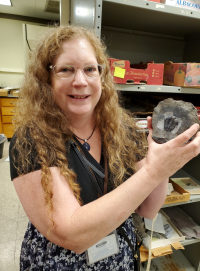
Lisa Amati (B.S., Geology, University of Wyoming 1997; M.S., Geology, Kent State University 1999; Ph.D., Geology, OU 2004) worked as a Professor of Geology at SUNY Potsdam for 11 years before moving to the New York State Museum in 2015. She is now the State Paleontologist and Curator of Invertebrate Paleontology at the New York State Museum.
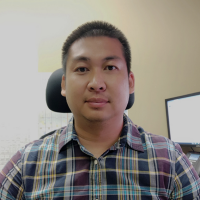
Fnu “Ming” Suriamin (BE Geological Engineering University of Padjadjaran ’05; M.Sc. Geology CSM ‘11, Ph.D. Geology OU ’20) worked as a geoscientist in oil and gas industry in Asia and North America before joining the Oklahoma Geological Survey. He is now a senior research geologist who collects, archives, interprets, and distributes information and science to benefit the geoscience community in general and the Oklahoman in particular.
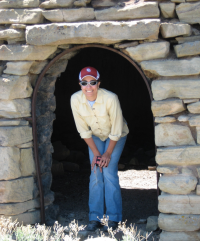
Talia Karim (B.S. Geology OU ’01; M.Sc. Oxford Univ. ’04; Ph.D. Univ. Iowa ’09) is the Invertebrate Paleontology Collection Manager at the University of Colorado Museum of Natural History (2010-present). Her research focuses on Ordovician trilobites and issues related to collections and data management of fossil specimens.
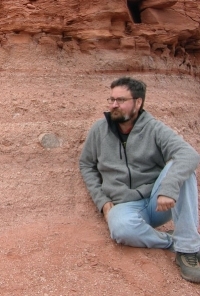
Dustin Sweet (B.S. Geology Boise State ‘00; M.S. Geology Boise State ’03; Ph.D. Geology OU ’09) went to work directly after graduating from OU as an exploration geologist in the New Ventures Team at Chevron Energy Technology Company. He joined the faculty in the Department of Geosciences at Texas Tech in 2011, where he teaches a wide range of sedimentary-related undergraduate and graduate courses. Dustin’s research mimics that pedagogical breadth, including studies of Quaternary to sub-Cambrian paleosols, process sedimentology of ancient terrestrial systems, transport-related microtextures on quartz grains, and timing and rate of basin subsidence and the processes that controlled basin sedimentation.
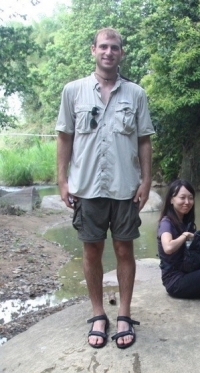
Curtis Smith (B.S. Geology TAMU '14, M.S. Geology OU '16) worked as an environmental geologist for EA Engineering for five years primarily on characterization and remediation of EPA Superfund Sites. He completed a data analytics course in 2021 and is now a data analyst/database manager for EA Engineering.
Why Major in Geosciences at the University of Oklahoma?
At the University of Oklahoma we are committed to serving our undergraduates with an inclusive experience that will instill knowledge, skills, confidence, principled leadership, and the ability to contribute to the wise stewardship of the earth and its resources in a broad variety of careers. Courses are taught by a diverse faculty who emphasize hands-on learning in well-equipped teaching labs and take field trips to world-class geological sites. Courses stress both the fundamentals of science and the necessary skills for a career within a creative interdisciplinary environment. Students are encouraged to participate in undergraduate research, as well as in our weekly colloquium, technical talks, and skill-building workshops.
As you proceed through your degree you have freedom to specialize in a particular area of emphasis or take a more general approach. All first-year students have the opportunity to participate on a week-long field trip that introduces fundamental concepts and builds community. A large fraction of our undergraduates participate in meaningful research projects mentored by faculty and PhD students and that can include field work in both US and international locations, work within our state-of-the-art lab facilities, and utilize specialized software. Undergraduate researchers have presented at national meetings and worked with mentors to publish their results in prestigious journals.
Undergraduates also have the advantage of personalized advising and mentoring, small class sizes, and great interactions with other students. OU Geosciences has a number of very active clubs that emphasize an inclusive community, public outreach, professional networking, and fun!

